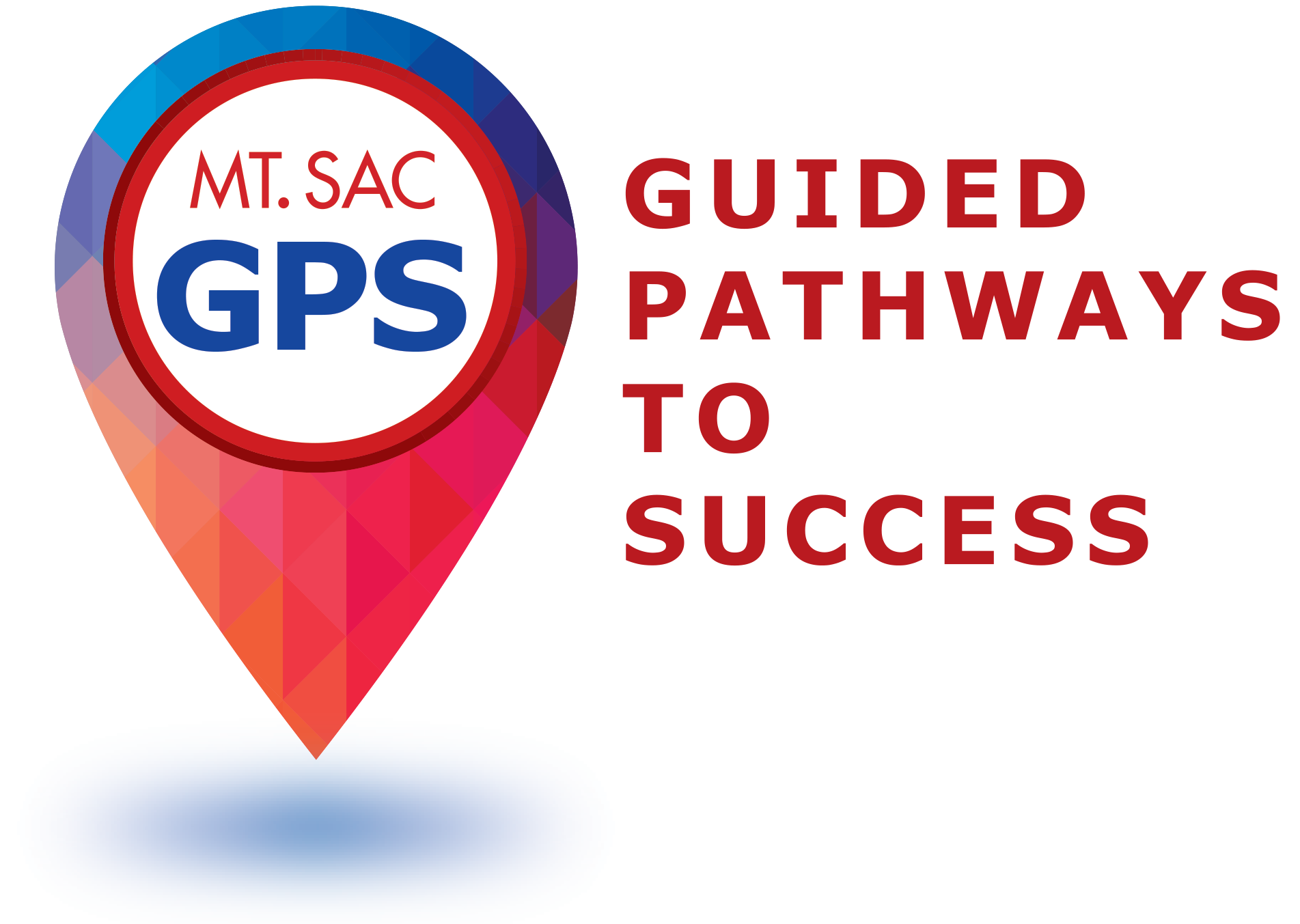Electronics Communications (Certificate T0904)
Technology and Health Division
Certificate T0904
In addition to courses in electronics fundamentals, the Electronics Communications certificate program encompasses the study of both wire-based and wireless forms of analog and digital communications systems. Among the topics covered are amplitude and frequency modulation, multiplexing, antennas, transmission lines, and radio-wave propagation, as well as microwave systems, including radar and satellite operations, and computer networks.
This advanced certificate is one of three available for students who do not complete all second-year systems courses at once or who complete them one at a time. Students completing certificate programs are automatically eligible for the National Association of Radio and Telecommunications Engineers (N.A.R.T.E) 4th Class Technician license.
Required Courses
| Course Prefix | Course Name | Units |
|---|---|---|
| CNET 56 | Computer Networks | 4 |
| ELEC 11 | Technical Applications in Microcomputers | 3 |
| ELEC 50A | Electronic Circuits - Direct Current (DC) | 4 |
| ELEC 50B | Electronic Circuits (AC) | 4 |
| ELEC 51 | Semiconductor Devices and Circuits | 4 |
| ELEC 53 | Communications Systems | 4 |
| ELEC 55 | Microwave Communications | 4 |
| ELEC 56 | Digital Electronics | 4 |
| ELEC 76 | FCC General Radiotelephone Operator License Preparation | 2 |
| TECH 60 | Customer Relations for the Technician | 2 |
| Total Units | 35 | |
Program Learning Outcomes
Upon successful completion of this program, a student will:
- be able to employ polar and/or rectangular notation to determine the magnitude and phase shift of an unknown circuit parameter (voltage, current, impedance, and/or power).
- demonstrate proper use of electronic test equipment and associate measurement results with circuit behaviors in the laboratory.
- quantitatively determine unknown electrical parameters from given or measured values and use these results to assess or troubleshoot faults in circuit and system operation.
- communicate, both verbally and in writing, knowledge of electrical concepts and their application to the observed behaviors of circuits and systems.
- in advanced courses, connect concepts learned in introductory courses to more general principles applicable in the employment context.
Review Student Learning Outcomes (SLOs) for this program.
Looking for guidance? A counselor can help. This Guided Pathways for Success (GPS) is a suggested sequence of coursework needed for program completion. It is not an official educational plan. Schedule an appointment with a counselor or advisor as soon as possible to create an individualized Mountie Academic Plan (MAP) specific to your goals and needs.
This Guided Pathways for Success (GPS) is a suggested sequence of coursework needed for program completion. It is not an official educational plan. Schedule an appointment with a counselor or advisor as soon as possible to create an individualized Mountie Academic Plan (MAP) specific to your goals and needs.
| Fall Term 1 | Units | |
|---|---|---|
| ELEC 50A | Electronic Circuits - Direct Current (DC) | 4 |
| ELEC 50B | Electronic Circuits (AC) | 4 |
| ELEC 11 | Technical Applications in Microcomputers | 3 |
| See mtsac.edu/electronics for alternate schedule See mtsac.edu/electronics for alternate schedule | ||
| Units | 11 | |
| Spring Term 1 | ||
| ELEC 55 | Microwave Communications | 4 |
| ELEC 56 | Digital Electronics | 4 |
| TECH 60 | Customer Relations for the Technician | 2 |
| CNET 56 | Computer Networks | 4 |
| Units | 14 | |
| Fall Term 2 | ||
| ELEC 53 | Communications Systems | 4 |
| ELEC 51 | Semiconductor Devices and Circuits | 4 |
| ELEC 76 | FCC General Radiotelephone Operator License Preparation | 2 |
| Certificate:Electronics Comm. T0904 4 | ||
| Submit petition: inside.mtsac.edu, Student Tab#45 5 | ||
| Units | 10 | |
| Total Units | 35 | |


